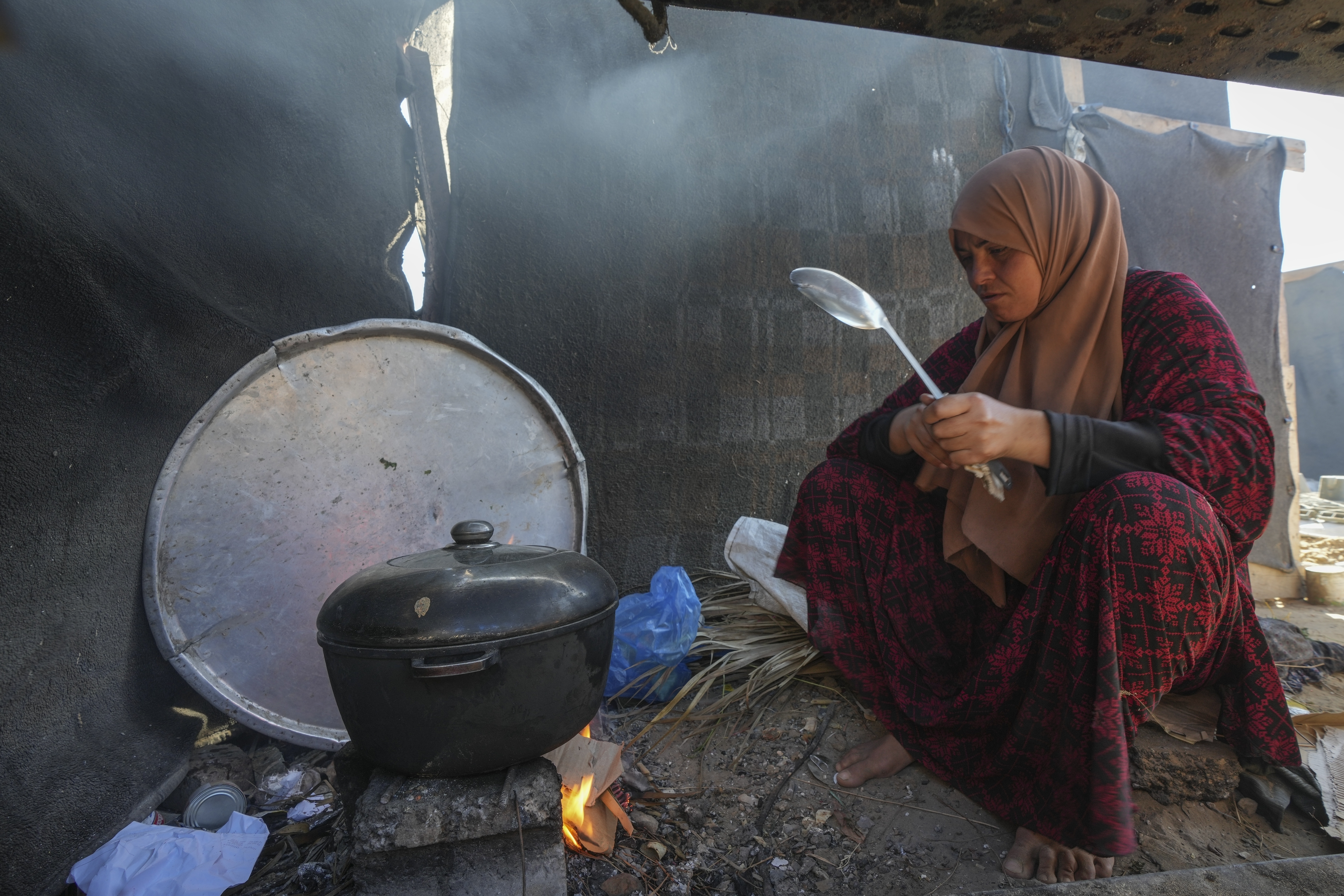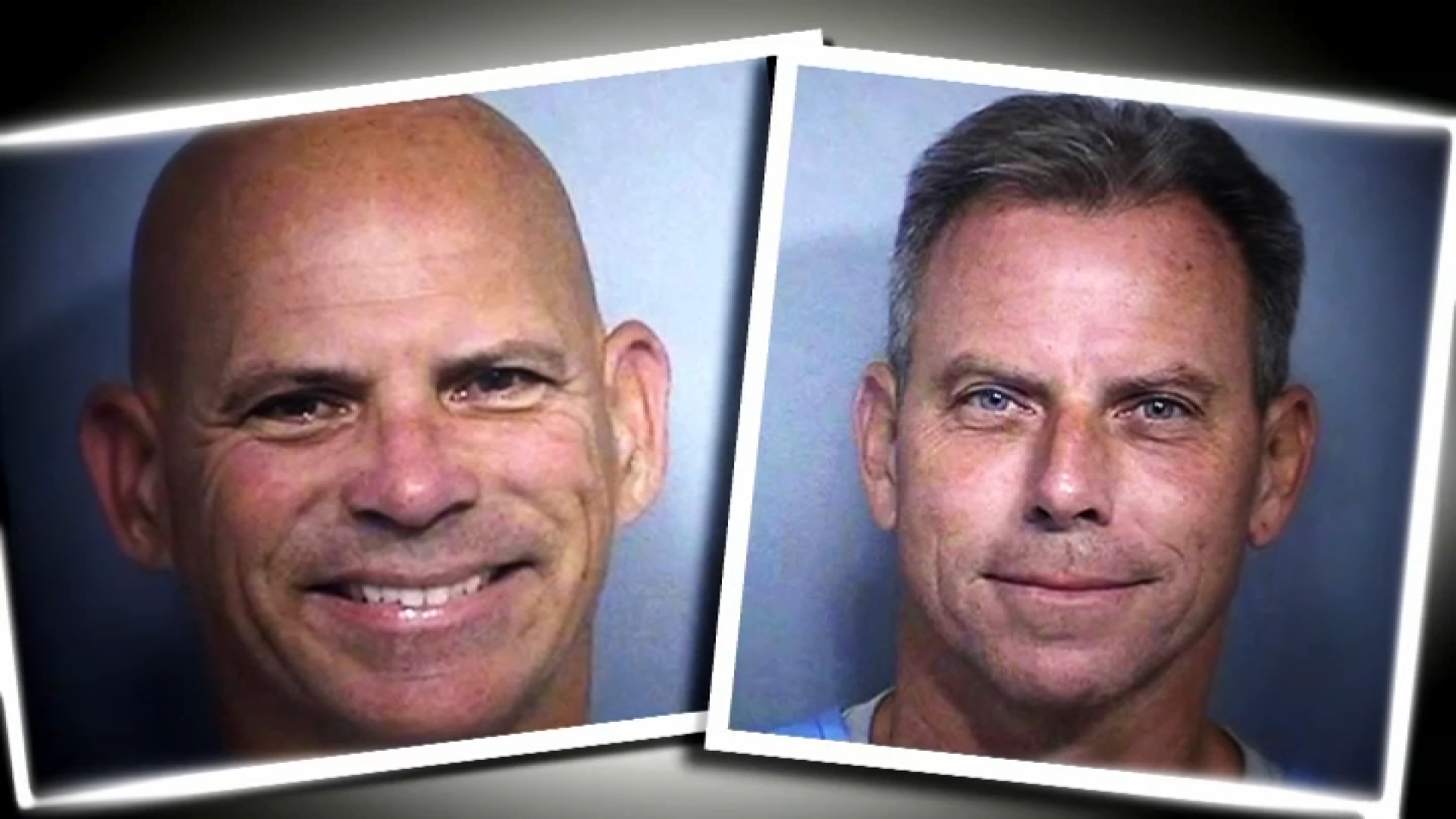The suspect in Tuesday's New York City attack shouted "Allahu akbar," witnesses said, after killing eight people by driving a truck down a bicycle lane near the World Trade Center. The gunmen who struck at the Bataclan concert hall in Paris in 2015 yelled the Arabic phrase, as did the driver of a van who plowed into crowds in Barcelona in August.
The phrase “Allahu akbar” has become almost synonymous with terrorism in American popular culture. But Muslim activists and journalists say the phrase, which translates to “God is great,” should not be associated with terror.
"He was a terrorist not because he used that phrase, but because he terrorized and killed innocent people," said Rabia Chaudry, an attorney and activist, in an email to NBC.
She believes authorities and the media should stop repeating the phrase in connection to acts of violence.
“It is both disheartening and enraging that terrorists have tainted our sacred language in a way that leaves those who aren't Muslim terrified of common, beautiful phrases such as ‘Allahu akbar’, which simply means God is the greatest, no different than the use of ‘praise God’ by Christians,” Chaudry said.
Amani Al-Khatahtbeh, tech entrepreneur and founder of online magazine Muslim Girl, said Muslims should not have to repeatedly explain what “Allahu akbar” means.
"We don't expect or call upon white people to apologize for or explain the actions of white supremacists in Charlottesville," she said in an email.
U.S. & World
Al-Khatahtbeh highlighted the double standard she sees in the media and by politicians: When a minority is involved in any type of violence, some people rush to condemn an entire community. But when such violence is committed by white people, they are ignored or written off as “lone wolves” or “mentally ill,” she said.
The result is a skewed perception of who commits violence in the U.S., Al-Khatahtbeh said.
When a man drove his car into a crowd of people protesting a white nationalist rally in Charlottesville, Virginia, in August, leaving one dead and 19 injured, President Donald Trump said that "two sides" shared the blame for violence during the protests and that it would take time to get all the facts.
"That caution doesn’t seem to be applied when the suspects have been described by witnesses as ‘Middle Eastern’ — and definitely not when they’ve said, 'Allahu akbar,'" wrote Wajahat Ali in a Wednesday New York Times titled "I want 'Allahu akbar' Back."
The phrase “Allahu akbar” existed before Islam and was a part of pre-Islamic Arab culture, according to resident scholar at the Islamic Center at New York University, Suhail Webb. The phrase was transformed from a cultural to a religious phenomenon.
"Usually the phrase is said in good times," Webb said. "Like when you have a child, or you complete a fast, or get a raise at your job. It is about giving recognition to something beyond your power."
Webb said that he and his wife both said it when they completed the Women’s March in Los Angeles and he at his graduation. It is the equivalent of the Christian God is good, he said.
"Unfortunately we have these lunatics that have seriously misplaced the phrase," he said. "In Islam, we would never be allowed to invoke God's transcendence before an evil act."
Other prominent Muslim activists and journalists have tweeted about the use of “Allahu akbar” since the Tuesday attack.
“Every believing Muslim says ‘Allahu akbar’ every day during prayers,” wrote Linda Sarsour, a Palestinian activist who helped organize January’s Women’s March, as well as other protests. “We cannot criminalize ‘God is great.’ Prosecute the criminal, not a faith.”
Sadef Kully of NBC contributed to the report.



